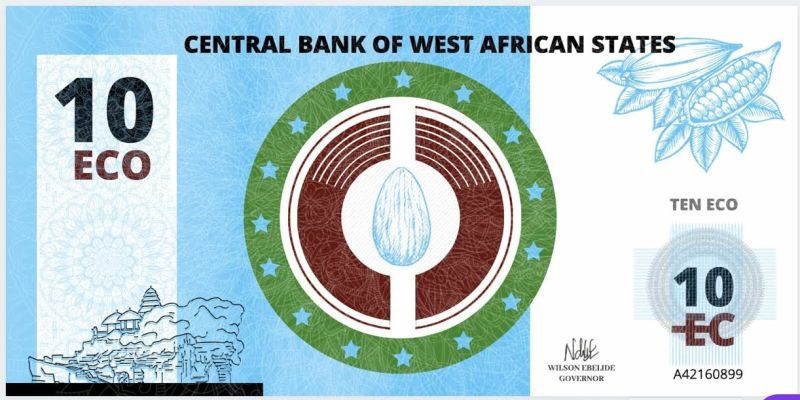The Economic Community of West African States (ECOWAS) recently announced its intention to introduce a new currency called ECO. While the concept of a single currency for the region appears to be a significant step towards greater economic integration, it may ultimately prove disastrous for Africa. Dr. Ndubuisi Ekekwe, a prominent economist and technology expert, has voiced strong opposition to this move, arguing that the economic diversity within Africa makes such a unification impractical and potentially harmful.

Fifteen years ago, Dr. Ekekwe addressed the African Union Congress, urging them to reconsider the idea of a single African currency. His stance remains firm: “A single African currency would be a disaster for the continent. We overestimate the potential value of this single currency for Africa.” He emphasizes that Africa’s economies are highly heterogeneous, which means that trade shocks will not be easily managed. Unlike the European Union, which adopted the Euro after decades of economic alignment and trade cooperation, Africa lacks the necessary economic homogeneity.
One of the most significant concerns highlighted in his LinkedIn post by Dr. Ekekwe is Nigeria’s outsized influence on the ECOWAS economy. As the largest economy in the region, Nigeria’s economic fluctuations would disproportionately affect the ECO’s stability. “If Nigeria’s economy were to falter, it would drag down other ECOWAS nations relying on the same currency. Without the ability to independently recalibrate their currencies, member states would face shared economic turmoil, amplifying welfare losses across the region,” he warns.
A historical example illustrating this issue is the CFA Francs zone, which has been in operation for decades. Despite having a single currency, there is no significant statistical evidence to show that intra-zone trade has substantially improved. He points out that a common currency does not address fundamental infrastructural deficits such as inadequate ports, roads, and innovation, which are crucial for trade development and economic growth.
Rather than pushing for currency convergence, Dr. Ekekwe proposes leveraging technology to facilitate seamless transactions across borders. He envisions a scenario where a man in Lagos uses Naira to purchase a hat in Ghana and pays in Cedi without realizing he is dealing with a foreign currency. “This seamless experience can be achieved through advanced financial technologies that make currency exchanges invisible to the user,” he explains. Such a system would foster economic interactions without the risks associated with a single currency.
His doctoral research in banking and finance, published in various forums including the African Union and World Bank, supports this approach. He argues that Africa must build strong foundational economic structures and work towards making West African economies more homogeneous before considering the introduction of a single currency like the ECO. “Only then can we hope to achieve genuine welfare gains for the people,” he asserts.
The advantages of His proposed solution are manifold. By focusing on technological advancements, African nations can create an integrated economic environment without the inherent risks of a single currency. Financial technologies can streamline cross-border transactions, reduce exchange rate volatility, and enhance economic stability. Additionally, this approach allows countries to maintain their monetary sovereignty, enabling them to respond independently to domestic economic conditions.
He also highlights the importance of addressing infrastructural challenges. Investment in ports, roads, and other critical infrastructure is essential for boosting trade and economic growth. Without these foundational elements, a single currency alone cannot drive development. By improving infrastructure, African countries can enhance connectivity and create a more conducive environment for business and trade.
In conclusion, the rush to adopt a single currency in ECOWAS overlooks the critical need for economic alignment and infrastructure development. While the idea of the ECO may seem promising, it is fraught with risks that could destabilize the region’s economies. Dr. Ndubuisi Ekekwe’s insights provide a compelling case for rethinking this strategy. By focusing on technological solutions and building robust economic foundations, West Africa can move towards greater economic integration without the pitfalls of a shared currency.
